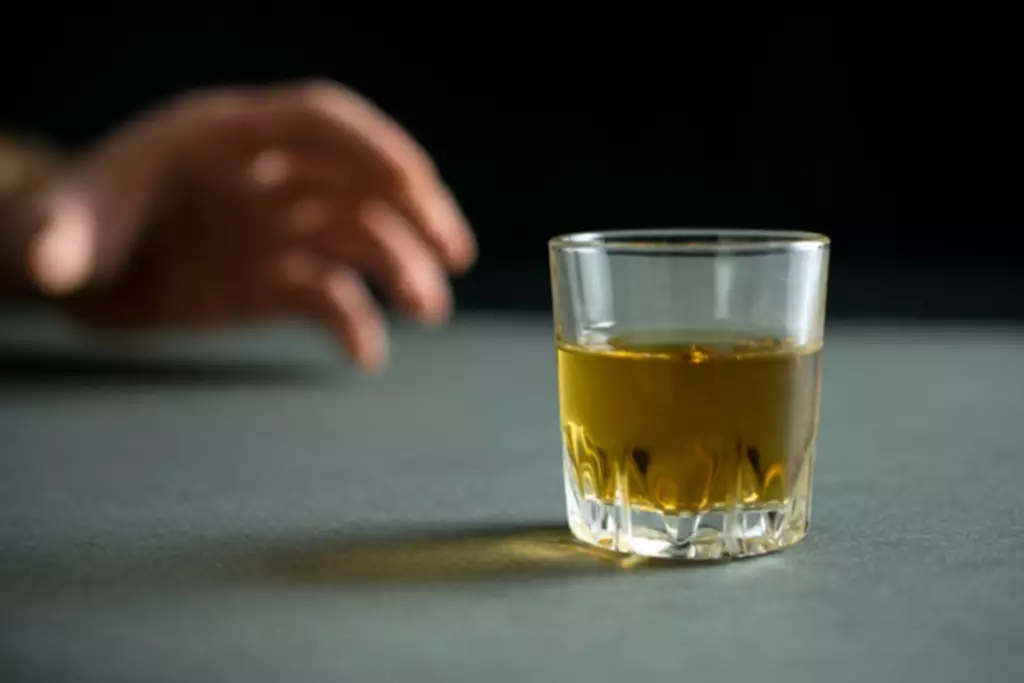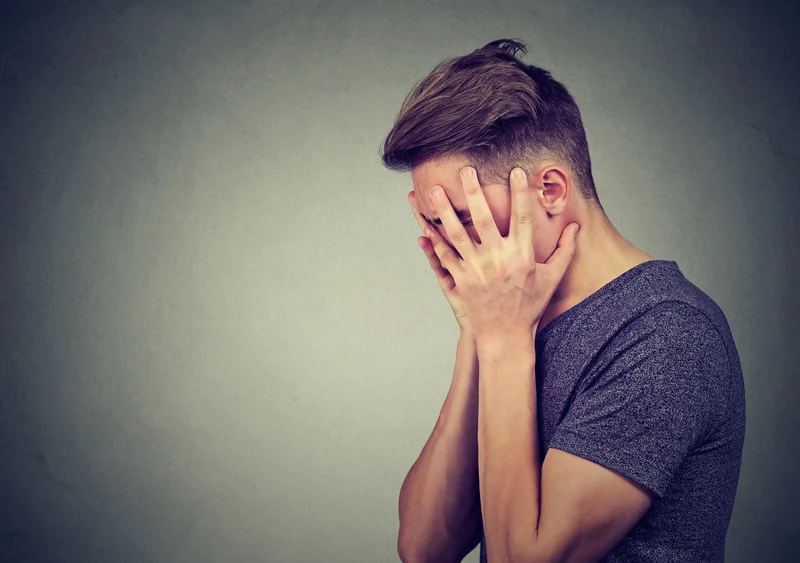
Creating a relaxing bedtime routine and ensuring a why does wine make me hot cool and comfortable sleeping environment can also help improve sleep quality and reduce night sweats. Remember, it’s essential to approach night sweats related to alcohol with a holistic perspective. Individual responses to alcohol and night sweats can vary, so finding the right approach for managing this condition may require some trial and error. By addressing alcohol consumption, making lifestyle changes, and seeking medical advice when necessary, you can take steps toward managing night sweats and promoting better overall well-being.

The Process of Alcohol Rehabilitation: Understanding Treatment Methods and Approaches
- This is another mechanism of thermoregulation that under regular circumstances is used by the body to lower its temperature through evaporation.
- After you quit drinking, you may also experience a higher body temperature and flushing.
- While a little sweating won’t harm you, sweating a lot can be an issue.
- Night sweats after consuming alcohol are a common occurrence and can be attributed to various factors.
- These symptoms may indicate alcohol poisoning or other serious health complications.
- If you have ever consumed alcohol, you are probably aware it can cause physiological side effects to a person’s body.
While this can make a person feel warmer initially, it eventually leads to a drop in body temperature. Alcohol acts as a vasodilator—a substance that causes blood vessels to expand. This expansion increases blood flow to the skin’s surface, which can lead to a feeling of warmth and increased perspiration. The more alcohol consumed, drug addiction the more pronounced these effects can become. As with many medical conditions, hyperhidrosis can manifest differently for different people. For some, complete avoidance may very well be the only solution to managing excessive sweating when it comes to alcohol.

Not sure how to Pay for Treatment?
He has a nursing and business/technology degrees from The Johns Hopkins University. The reason that night sweats and alcohol withdrawal go hand-in-hand is due to how alcohol affects the body. Alcohol is a very powerful depressant, which means it slows down the body and the brain. Night sweats usually last between 1-2 weeks after quitting drinking but can persist for up to a few months in severe cases. In the first week after quitting, night sweats are often severe as the body detoxes. Anxiety is defined as an emotion characterized by feelings of tension, worried thoughts and physical changes like increased blood pressure.
Do you sweat after drinking alcohol? 7 reasons why it may happen
Therefore, it’s crucial to understand how to cope with these symptoms effectively. One of the key steps in managing alcohol https://ecosoberhouse.com/ withdrawal is seeking professional help. Medical professionals can provide a supervised detoxification process, helping individuals safely navigate the withdrawal symptoms.
Heroin detox: Tips for staying motivated through the process
When your body has this mutation, it can’t produce the enzymes that break down the toxins in alcohol. Alcohol withdrawal can turn into a medical emergency if you’re not careful. When your blood pressure increases, your heart has to work harder to push blood out to the rest of the body.
